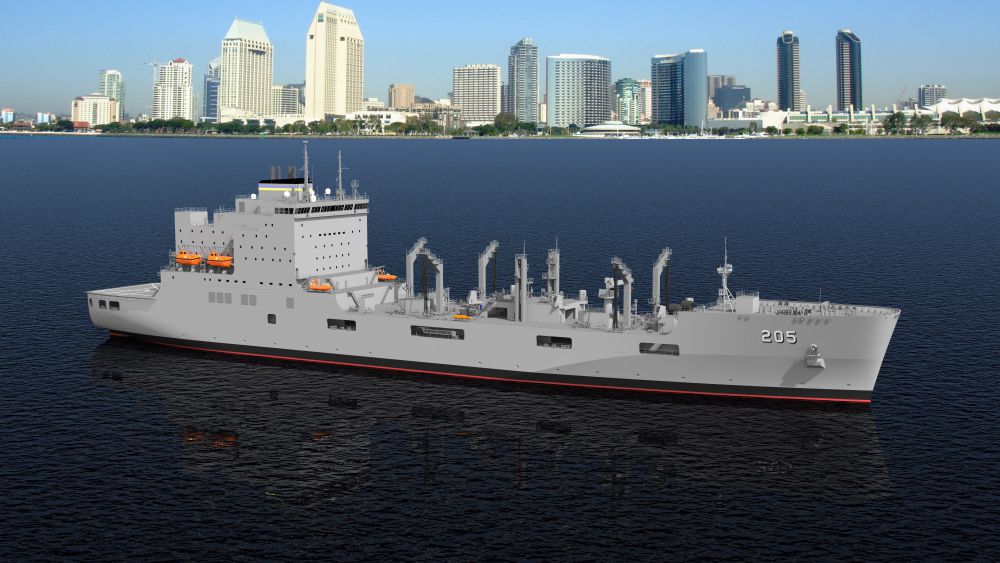Navy Names Auxiliary Ship After Gay Rights Leader

The Navy is building a new series of fleet oilers to replace its aging Kaiser-class vessels, and the second in the class, T-AO 206, will be named after gay rights leader and San Francisco politician Harvey Milk.
Milk served in the Navy during the Korean war on the submarine rescue ship Kittiwake as a lieutenant junior grade; he was the ship's dive officer. He went on to hold office on the San Francisco board of supervisors as California's first openly gay politician.
Milk was in office for a period of 11 months, during which he passed a strong ordinance supporting gay rights in the city. He was shot and killed along with Mayor George Mascone in 1978.
“When Harvey Milk served in the military, he couldn’t tell anyone who he truly was,” said San Francisco supervisor Scott Wiener, who led an effort to have a ship named for Milk. “Now our country is telling the men and women who serve, and the entire world, that we honor and support people for who they are.” Until 2011, Department of Defense policy prevented servicemembers from disclosing an LGBT orientation or identity.
The new Lewis-class T-AO design broadly resembles its predecessor, but will be double hulled and somewhat faster. It will have additional dry cargo and reefer space, and will be able to refuel helicopters on deck. General Dynamics NASSCO has the contract for building the six vessels in the class. Total budget estimates come to $2.9 billion through 2021.
The other vessels in the T-AO class will be named for civil rights leader Rep. John Lewis, Supreme Court Justice Earl Warren, Robert F. Kennedy, Lucy Stone, and Sojourner Truth, according to a notice issued by Secretary of the Navy Ray Mabus.
The Navy is investing in more specialized oilers as an alternative to its capable – but costly – T-AOE fast combat support vessels. The T-AOE carries fuel, ammunition, dry stores and refrigerated / frozen food, all in large quantity, but the service says that they are too expensive to operate and intends to retire two of the four ships.
